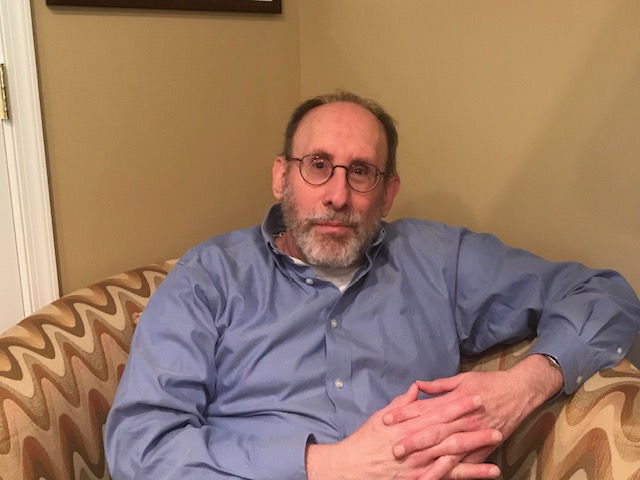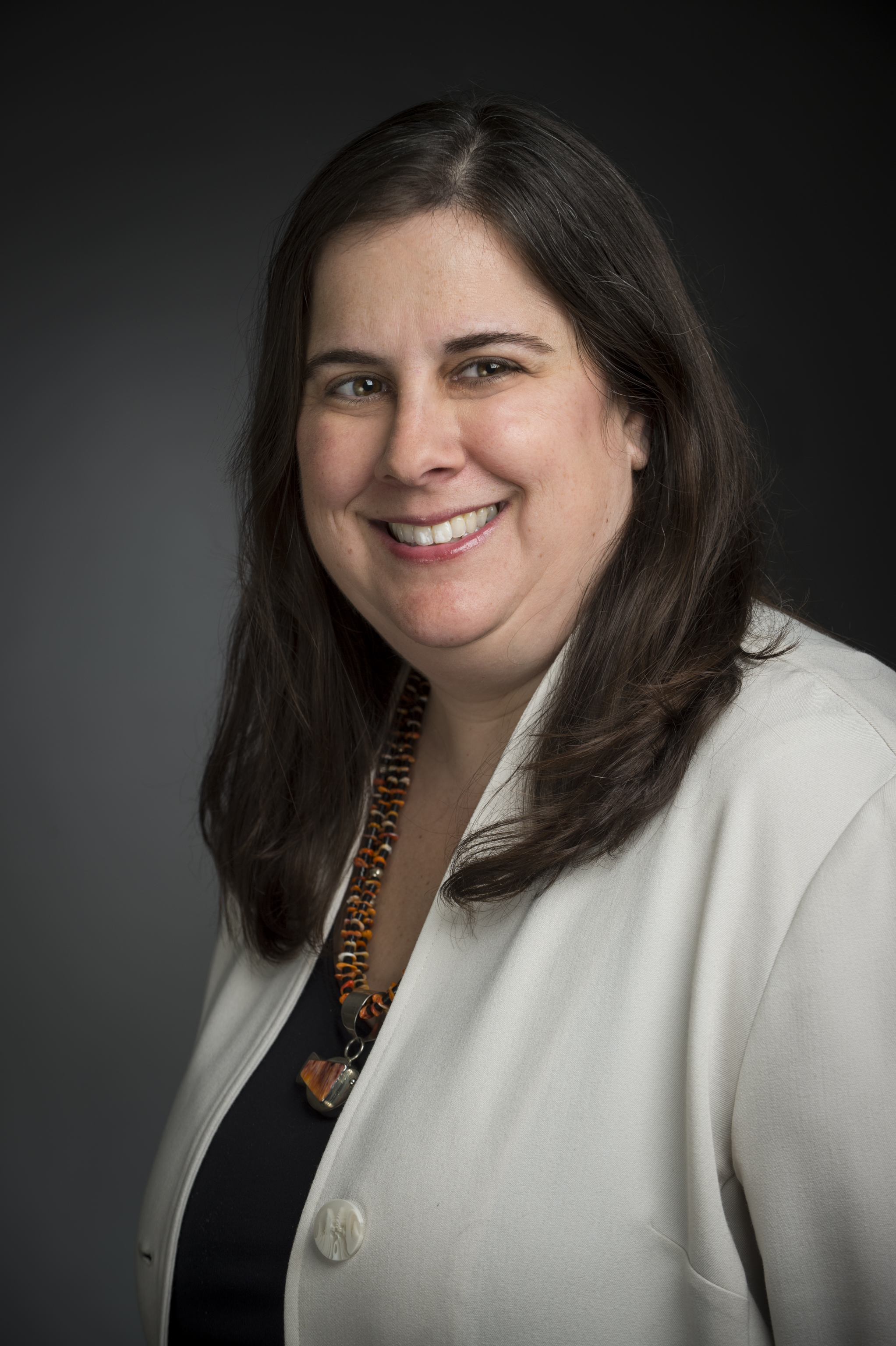
The Critical Role of Healthcare Interpreters During the COVID-19 Pandemic: Legal and Practical Implications
with Mara Youdelman, J.D., LL.M, Bruce L. Adelson, Esq., and Ignatius Bau J.D as moderator
Click here to download the recording.
$0 for NCIHC members
$30 for non-NCIHC members
Become a member here!
Approved for continuing education by: CCHI 1.5, IMIA 0.15, RID 0.15
To request a certificate of attendance after watching the recording, please follow these procedures.
Specific requirement for RID only: To receive RID credit you must complete the Post Webinar Survey (download) and return it to [email protected].
Webinar Description
This webinar will provide a legal overview on language access and will address the legal implications as well as the impact of the role of the interpreter, interpreting modalities and timeliness of communication during the COVID-19 pandemic.
Part I. The Legal Components of Language Access. The ongoing coronavirus pandemic has prompted a flood of information about various topics. Some information is misleading or incomplete, which can lead to unwanted legal consequences. The Office for Civil Rights of the US Department of Health and Human Services (HHS) has stated that federal non-discrimination laws continue during the pandemic. HHS announced that “government officials, health care providers and covered entities should… make sure all segments of the community are served. Bruce Adelson will discuss the HHS guidance, what it means, language access laws during a state of emergency, and situations where implicit bias and assumptions are negatively impacting language and disability access.
Part II. Impact on Language Access. COVID-19 is impacting how language services are provided, who provides them, and how LEP patients are treated. Mara Youdelman will examine how health care providers are moving towards more remote interpreting and what this means for patients, interpreters, providers, and language companies.
Learning Objectives. After completing this workshop, participants will be able to:
- know the legal basis for language access
- understand that the legal basis is applicable during the pandemic
- understand the legalities involved in possibly transitioning from face-to-face to other interpreting modalities
- know the potential impact of language access on patients, interpreters, providers and language service providers.
About the Presenters
Moderator - Ignatius Bau J.D.
 Ignatius Bau is an independent consultant, working with community-based advocacy and service organizations, physician and health care provider organizations, state health departments, and foundations on both health care and immigration policy issues. Bau has worked as an immigration and civil rights attorney, policy director at a national minority health organization, interim executive director at a statewide minority health advocacy organization, and program officer at a statewide health foundation. As a program officer at The California Endowment, he supported the work of the California Healthcare Interpreting Association,National Council for Interpreting in Health Care, Certification Commission for Healthcare Interpreters, National Health Law Program, and hospitals and health systems, and physician organizations to expand language access and support health care interpreters. He has served on expert advisory groups focused on health equity for the U.S. Department of Health and Human Services Office of Minority Health, Centers for Disease Control and Prevention, and Office of National Coordinator for Health Information Technology; and for the Institute of Medicine, National Academies of Sciences, Engineering, and Medicine, Joint Commission, National Quality Forum, Institute for Healthcare Improvement, Patient-Centered Outcomes Research Institute, and Families USA. Ignatius Bau is an independent consultant, working with community-based advocacy and service organizations, physician and health care provider organizations, state health departments, and foundations on both health care and immigration policy issues. Bau has worked as an immigration and civil rights attorney, policy director at a national minority health organization, interim executive director at a statewide minority health advocacy organization, and program officer at a statewide health foundation. As a program officer at The California Endowment, he supported the work of the California Healthcare Interpreting Association,National Council for Interpreting in Health Care, Certification Commission for Healthcare Interpreters, National Health Law Program, and hospitals and health systems, and physician organizations to expand language access and support health care interpreters. He has served on expert advisory groups focused on health equity for the U.S. Department of Health and Human Services Office of Minority Health, Centers for Disease Control and Prevention, and Office of National Coordinator for Health Information Technology; and for the Institute of Medicine, National Academies of Sciences, Engineering, and Medicine, Joint Commission, National Quality Forum, Institute for Healthcare Improvement, Patient-Centered Outcomes Research Institute, and Families USA.
Panelist - Bruce L. Adelson, Esq.
 Mr. Adelson is CEO of Federal Compliance Consulting LLC. He is a former U.S Department of Justice Senior Trial Attorney. He is a faculty member in the Department of Family Medicine at Georgetown University School of Medicine where he teaches implicit bias, civil rights and cultural awareness, and organizational culture. He has also taught at Harvard, Cornell, and Auburn Universities, The Johns Hopkins University School of Public Health, and University of Baltimore School of Law. He is the Americans with Disabilities Act (ADA) Consultant to the Idaho Supreme Court. Mr. Adelson is the expert in multiple federal health care civil rights lawsuits alleging language and disability access discrimination, having most recently assisted with the settlement of an ADA case concerning a provider’s organizational culture and potential future discrimination against patients. Bruce has never lost a health care provider lawsuit. Mr. Adelson has never lost an Americans with Disabilities Act case. He has been the keynote speaker for many organizations. Mr. Adelson has assisted with negotiating resolution and compliance agreements between health care organizations and federal agencies. Bruce is the award winning author of 14 books for children and adults including, Brushing Back Jim Crow – The Integration of Minor League Baseball in the American South (University of Virginia Press). Mr. Adelson is CEO of Federal Compliance Consulting LLC. He is a former U.S Department of Justice Senior Trial Attorney. He is a faculty member in the Department of Family Medicine at Georgetown University School of Medicine where he teaches implicit bias, civil rights and cultural awareness, and organizational culture. He has also taught at Harvard, Cornell, and Auburn Universities, The Johns Hopkins University School of Public Health, and University of Baltimore School of Law. He is the Americans with Disabilities Act (ADA) Consultant to the Idaho Supreme Court. Mr. Adelson is the expert in multiple federal health care civil rights lawsuits alleging language and disability access discrimination, having most recently assisted with the settlement of an ADA case concerning a provider’s organizational culture and potential future discrimination against patients. Bruce has never lost a health care provider lawsuit. Mr. Adelson has never lost an Americans with Disabilities Act case. He has been the keynote speaker for many organizations. Mr. Adelson has assisted with negotiating resolution and compliance agreements between health care organizations and federal agencies. Bruce is the award winning author of 14 books for children and adults including, Brushing Back Jim Crow – The Integration of Minor League Baseball in the American South (University of Virginia Press).
Panelist - Mara Youdelman, J.D., LL.M
 Mara Youdelman Managing Attorney of the National Health Law Program’s Washington DC office where she has worked since August 2000 on issues including Medicaid, language access, racial and ethnic disparities, and data collection. Mara works on a range of administrative and legislative policy issues and conducts trainings nationwide on language access and collection of racial, ethnic and primary language data. Mara is co-author of a number of reports on language access. These include NHeLP’s Ensuring Linguistic Access in Health Care Settings: Legal Rights and Responsibilities and, from The Commonwealth Fund, a series of “promising practices reports” for providing language services. Mara has participated on advisory panels for the Robert Wood Johnson Foundation; the National Committee for Quality Assurance; the American Medical Association Ethical Force Program; the National Quality Forum; and the Joint Commission on Accreditation of Healthcare Organization. Ms. Youdelman earned her LL.M. in Advocacy from Georgetown University Law Center in 2000, her J.D. from Boston University School of Law in 1996, and her B.A. from Tufts University in 1991. Mara Youdelman Managing Attorney of the National Health Law Program’s Washington DC office where she has worked since August 2000 on issues including Medicaid, language access, racial and ethnic disparities, and data collection. Mara works on a range of administrative and legislative policy issues and conducts trainings nationwide on language access and collection of racial, ethnic and primary language data. Mara is co-author of a number of reports on language access. These include NHeLP’s Ensuring Linguistic Access in Health Care Settings: Legal Rights and Responsibilities and, from The Commonwealth Fund, a series of “promising practices reports” for providing language services. Mara has participated on advisory panels for the Robert Wood Johnson Foundation; the National Committee for Quality Assurance; the American Medical Association Ethical Force Program; the National Quality Forum; and the Joint Commission on Accreditation of Healthcare Organization. Ms. Youdelman earned her LL.M. in Advocacy from Georgetown University Law Center in 2000, her J.D. from Boston University School of Law in 1996, and her B.A. from Tufts University in 1991.
|


 Ignatius Bau is an independent consultant, working with community-based advocacy and
Ignatius Bau is an independent consultant, working with community-based advocacy and  Mara Youdelman Managing Attorney of the National Health Law Program’s Washington DC
Mara Youdelman Managing Attorney of the National Health Law Program’s Washington DC